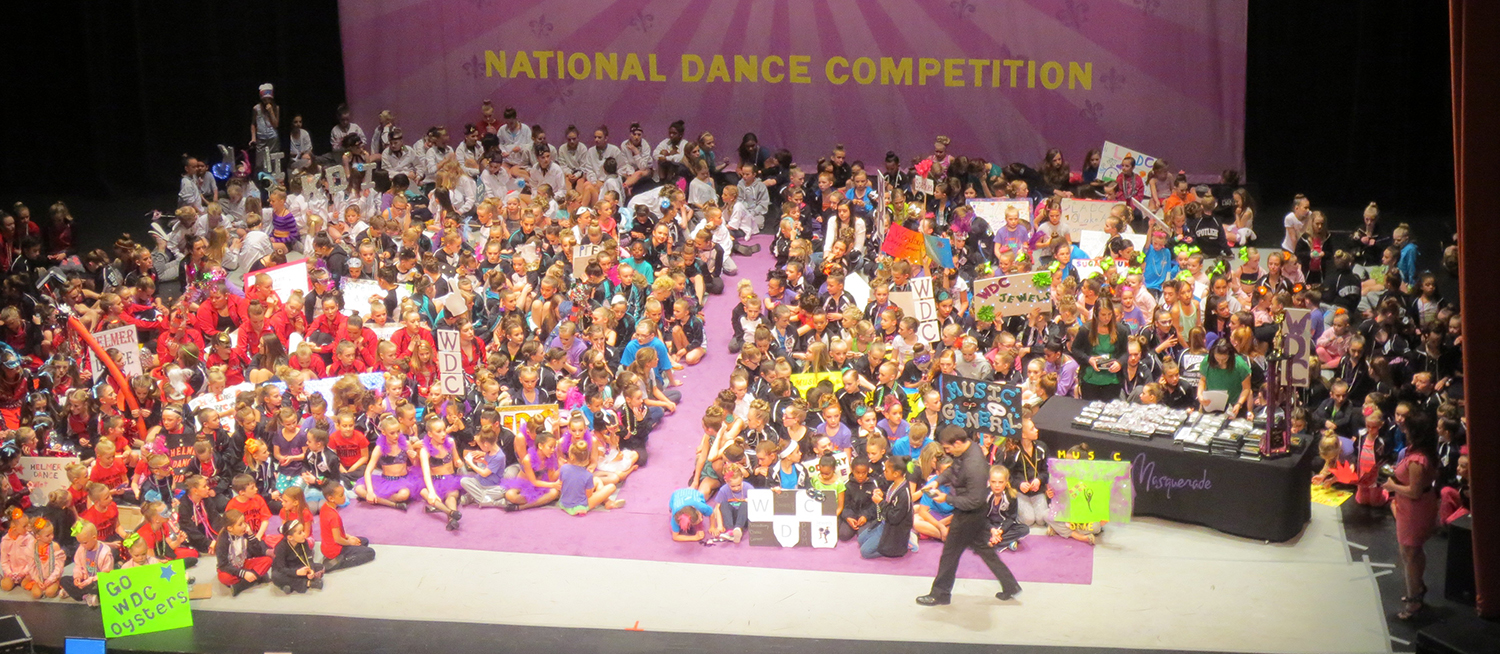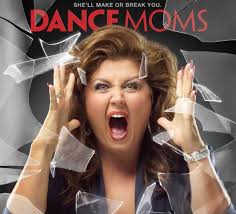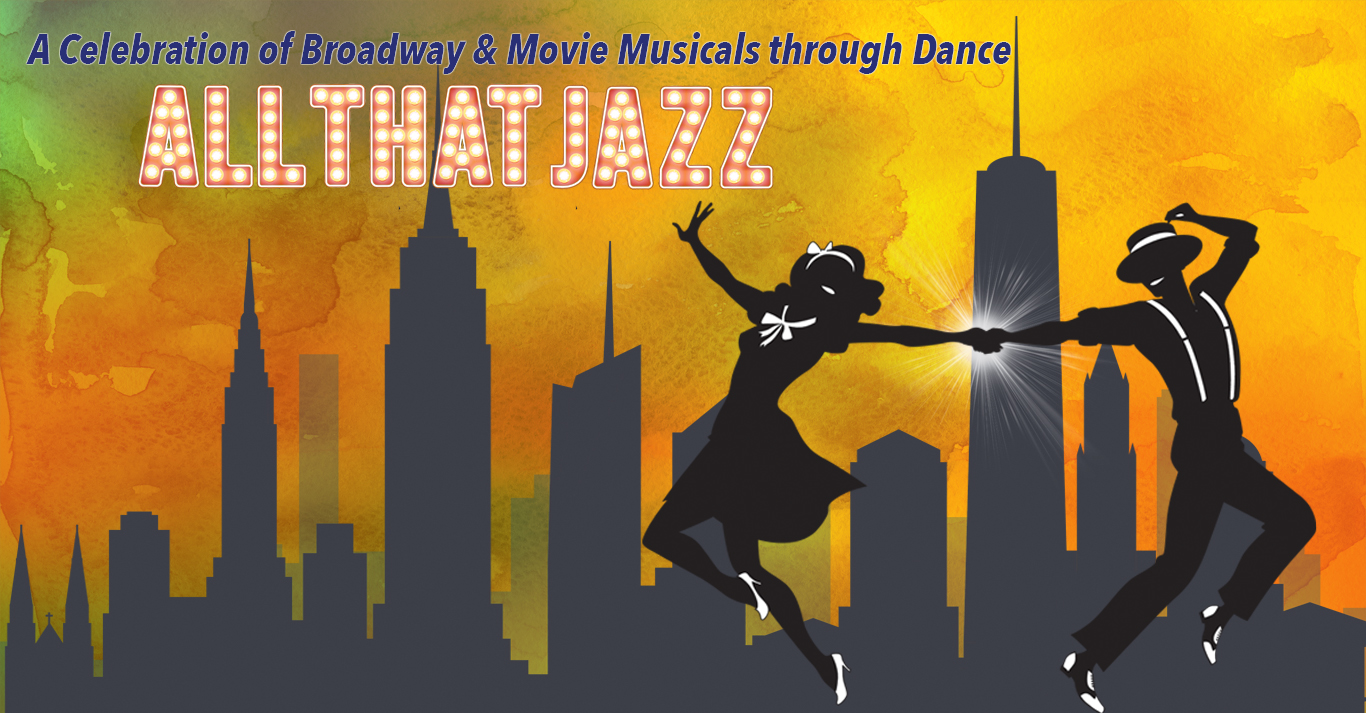To Compete or NOT To Compete? That is the question.

[perfectpullquote align=”left” color=”#f4bb39″]The background and lineage of our studio has been born from artists and artistic dancers who wished to use dance as a form of expression and a tool for social commentary and change.[/perfectpullquote] Why don’t you compete? I hear this questions from many prospective and new studio families.
Utah has a long history of dance – despite what the movie Footloose may have led people to believe. We had one of the first dance majors in the country at the University of Utahwe have three full professional companies working in downtown (Ririe-Woodbury, Repertory Dance Theatre, and Ballet West). Every school in the valley has a dance program of some sort. It’s an exceptional place for dance.
 But the ‘Dance Moms’ mentality of Abby Lee Miller and the focus on awards and competition leads many people to think that this all dance has to offer. It’s a particular style and form of dance – but there is so much more!
But the ‘Dance Moms’ mentality of Abby Lee Miller and the focus on awards and competition leads many people to think that this all dance has to offer. It’s a particular style and form of dance – but there is so much more!
The background and lineage of our studio has been born from artists and artistic dancers who wished to use dance as a form of expression and a tool for social commentary and change. Our dance has merits, values, and a philosophy all its own. The modern/contemporary style of dance focuses on creativity, unique movement style, different point of view, and authenticity. These are all skills that we strive to teach our students at SVCD. [perfectpullquote align=”right” cite=”” link=”” color=”#f4bb39″ class=”” size=””]We live in a time when we are asked to justify everything with a score, a value, a number. Dance competitions allow us to quantify something that is qualitative.[/perfectpullquote]
Competition dance, on the other hand, doesn’t value creative or individual expression. They try to create cookie-cutter dancers that look, move, and dance the same way. They don’t value each dancers’ own creative point of view – rather they don’t want a dancer that thinks or performs on their own. To win competitions – everyone must be the same.
That’s not to say that competition dance isn’t a valid dance form. It’s just not something we at SVCD think our students need to be exposed to. We would rather spend our time teaching body awareness, creative problem solving, somatic, healthy living, choreographic skills, etc. These skills, while learned in a dance class, can be applied to any area of life – whether you are a dance or not. We believe that what we teach in our classroom creates well-rounds and holistic-thinking young kids, teens, and young adults.
But the surge in competition dance and the fascination with it as a reality TV phenomenon does make sense because an award, a trophy, a score for your performance gives concrete form to something that a bit undefinable. We live in a time when we are asked to justify everything with a score, a value, a number. Dance competitions allow us to quantify something that is qualitative. It assigns value to something that is hard to put into words or onto paper.
How do you talk about someone’s creative ideas? I think that assigning a number, a score, or giving an award is the easy way out. It is impersonal, you don’t have to get to know the dancers or artists in front of you – you look, you judge, you move on.
How do you discuss, comment, or talk about the value of a dancer’s performance when it is so subjective? We do it in our own classrooms at SVCD through discussion, questions, personal feedback, hands-on interaction, and in-the-moment communication. Our dancers leave each class having heard, listened, and talked about the value of what they have done. Our dances go home after each class having thought critically about what they have accomplished. In this way, they develop a deeper sense of their value, how to take and give feedback, and how to keep pushing themselves to new heights.


